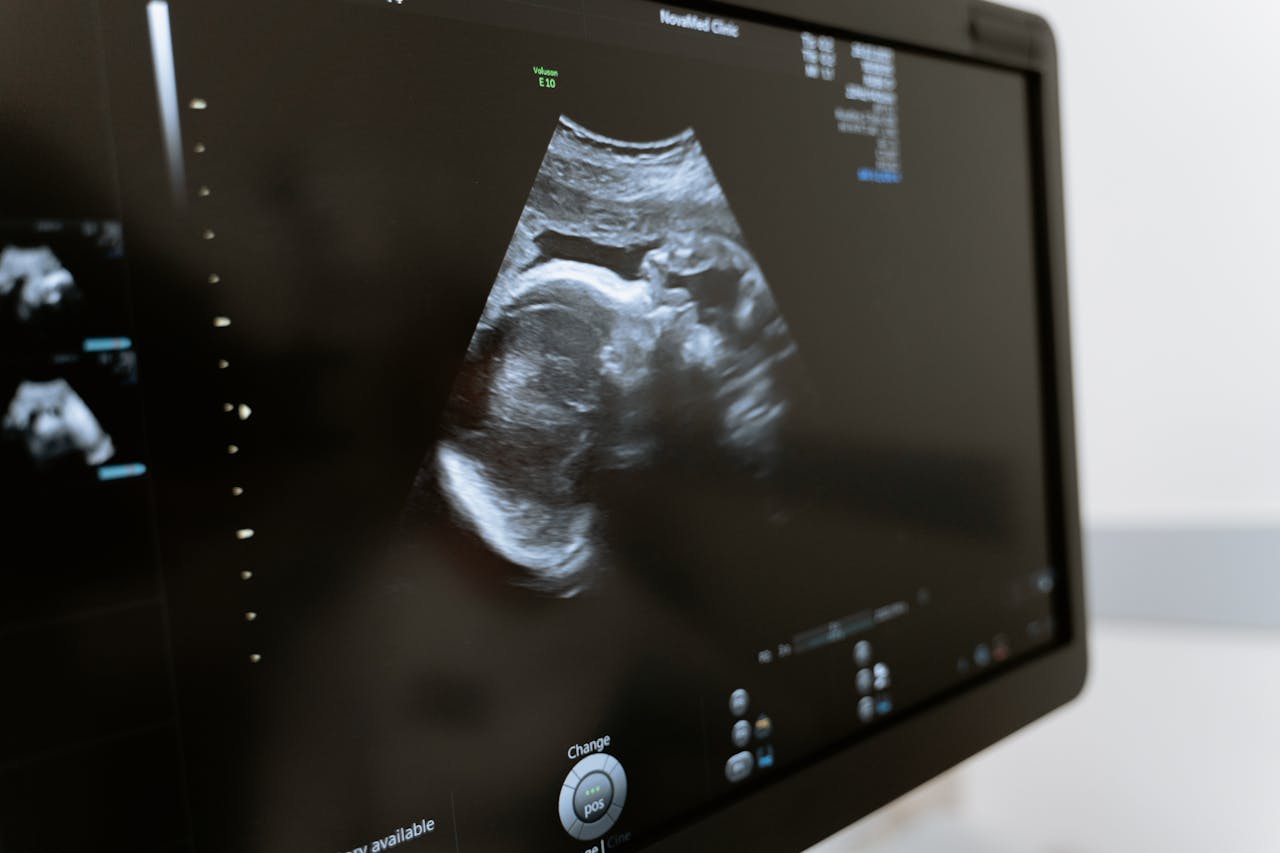Home
Pregnancy & Breastfeeding Tips for New Moms: Preconception, Pumping & Parenting Support
First Trimester | Nausea and Morning Sickness: Coping Strategies for the First Trimester

First Trimester | Nausea and Morning Sickness: Coping Strategies for the First Trimester
The first trimester of pregnancy is filled with excitement and a little nervousness, especially if this is your first pregnancy. Unfortunately, it also comes with numerous discomforts, the most common one being nausea and morning sickness. The thing is that you can handle these discomforts more easily if you know what to do about them, and it’s a lot simpler than you think.
The Basics
Up to 70% of all pregnant women experience some type of nausea or other discomforts in their first trimester, and while some of it is minor, some women can be quite miserable. It isn’t just nausea, either, because other symptoms can also be present. This is due mainly to the rapid changes happening in your body. Below are a few of the most common challenges in the first trimester along with things that you can do about them.
1. Nausea and Other Tummy Problems
Nausea and vomiting are never any fun, but you might have other tummy issues as well, the most common of which is constipation. You may also get sick to your stomach from smelling certain foods, especially foods that are oily or have a very strong smell. The smartest thing that you can do when you’re nauseated is to eat smaller meals throughout the day and make sure that you’re eating foods high in protein and carbs.
You should also have snacks with you at all times, and drinking something that contains ginger, such as ginger ale, can help with the queasiness. Whole-grain crackers, peanut butter, and cheese are good foods to eat, as is peppermint tea. Coping with pregnancy nausea is easier if you don’t let yourself get too hungry. Also, if your nausea gets so severe that you can’t seem to keep anything down, you should give your doctor a call.
If you’re constipated, it is likely due to the pregnancy hormones, which tend to slow down bowel activity. The growing fetus can also start putting pressure on your intestines and even the rectum, which can make constipation worse. Light exercise, drinking 8 to 10 cups of water per day, and eating foods such as yogurt, whole grains, and fruits and vegetables can be a big help.
2. Extreme Fatigue
The fact that your body is changing so much and at a very rapid rate can make you tired, but pregnancy fatigue is very different from other types. If you’re working, you might find the afternoons to be particularly tough, so you might want to consider taking a nap as soon as you get home. If this is your first pregnancy, getting in a few catnaps is a lot easier, but the bottom line is that you should rest as often as you can during the first trimester. The second trimester is usually better.
In addition to resting when you can, going to bed no later than 10pm is highly recommended. Remember that you are creating a human being and it’s exhausting. Rest as often as possible during the day, eat right, and go to bed early so the fatigue is a lot easier on your body and your mind.
3. Heartburn Problems
Many women experience heartburn in the first trimester and even later in the pregnancy. This is due to the fact that you’re producing a hormone called progesterone, which loosens the soft muscles that surround your uterus. It also slows down the digestive process, which can cause heartburn. Avoiding all spicy foods and eating frequent meals during the day is a great way to reduce this heartburn.
You can also eat almonds because they contain an ingredient that helps the digestive process. Make sure that the almonds are raw and plain, not filled with sugar or salt. Eating a few raw almonds before you go to bed can help to greatly reduce heartburn pain, since a lot of this pain occurs at night.
4. Discomfort in Your Breasts
Starting in early pregnancy, your breasts will begin to change to prepare for lactation. They may feel sore or heavy, and they might feel extra sensitive. They may also feel a bit tingly, but all of these things are normal. The main thing that you’ll want to do is wear a good support bra and maybe even go braless once you’re home. Soaking in warm water that contains a few drops of rosemary or lavender can also help because both of these oils are known to help you relax.
5. Light Bleeding or Spotting
Bleeding during the first trimester doesn’t usually mean that you’re having a miscarriage, so you shouldn’t panic if you bleed or spot a little. Nevertheless, any bleeding or spotting at all should be reported to your doctor, and if you bleed starting in your second trimester, calling the doctor is even more important. Normal bleeding in the first trimester is light and temporary. If you’re having cramps or soaking through pads, it’s time to contact the doctor immediately.
Other symptoms in the first trimester can include mood swings, food cravings, and having to pee more frequently. If you’re ever unsure about other symptoms, just call your doctor because they’ll know what’s normal and what isn’t.
Conclusion
As you can see, nausea during pregnancy isn’t the only common symptom in your first trimester. Fatigue, heartburn, and sensitive breasts can also occur, as well as other symptoms. These are normal symptoms for early pregnancy, but you should never hesitate to contact your doctor if you have any concerns about any of them. It’s always better to be safe than sorry.Share


